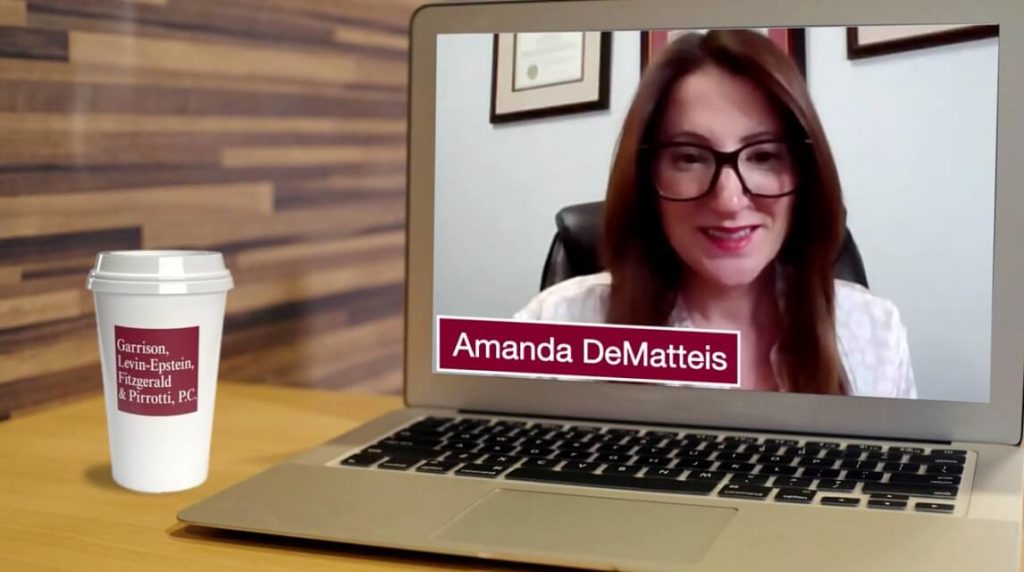Amanda DeMatteis: Hi, Josh!
Josh Goodbaum: Hi, Amanda! What are we talking about today?
DeMatteis: I thought we could talk about the FMLA. So, a number of Connecticut employees, and really employees all across the country, take advantage of the Family and Medical Leave Act. A lot of times, folks go out on leave, and then they come to this period where they’re either ready to go back to work at the conclusion of their leave or they’ve run out of leave time. And people are left saying, “What do I do now?” I thought maybe we could help them answer that question a bit.
Goodbaum: Yeah, two big questions here. First: Can my employer keep me from coming back from FMLA leave, or do they have to let me come back from FMLA leave? And second: If my employer lets me come back from FMLA leave, what job am I entitled to?
Okay, let’s take those questions in order.
First, in general, your employer cannot prevent you from returning from FMLA leave. If there’s been a layoff while you’re on leave that has nothing to do with your FMLA status, then that termination is valid. But otherwise, you’re entitled to come back to work.
If your employer had concerns about your ability to do the job – that is, whether you can safely do the job because you’ve been out dealing with your own serious health condition – then they’re allowed to have a policy requiring a fitness for duty certification from a physician. But this policy must be uniform, and it must be uniformly applied. You must be notified of it in advance and provided a list of the essential functions for your position so that your physician or other healthcare provider can complete the certification.
Employers are also allowed to require this certification periodically for employees who are taking intermittent FMLA leave – that is, leave not all at once, but a periodic leave every now and then. So, the employer can prevent you from returning to the job if it’s not safe for you to do the job or you can’t do the job because of your health condition. Otherwise, they’ve got to let you come back.
Once they’re letting you come back from FMLA leave, what job do they have to give you? The answer is the same or an equivalent job. It doesn’t have to be exactly the same job, but it must be virtually identical in all material respects. That means basically the same – the same in all the important ways in terms of pay, benefits, and other terms and conditions.
So, if you work a shift, you’ve got to get the same shift. If you work at a particular location of the employer, you have to be returned to that same location of the employer. You’re entitled to the same terms of pay, the same pay rate, and the same opportunity to work overtime as you had before you went out on leave. You’re entitled to have your compensation increased as a result of any across-the-board raises or bonuses that were granted to everybody else while you were out on leave – for example, a cost of living adjustment. And you’re entitled to have all of your benefits reinstated without the need to requalify for any of those benefits.
You’re not the same as somebody who is starting a new job. You’re a person who is just picking up where they left off before the FMLA leave, and therefore you’re entitled to be treated just as you were when you went out on your FMLA leave.
DeMatteis: Great information. Thank you so much for sharing it with us. See you next time.

